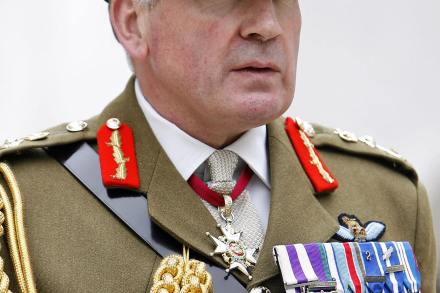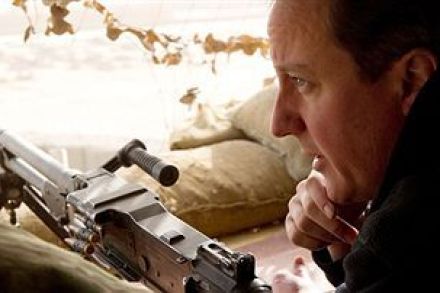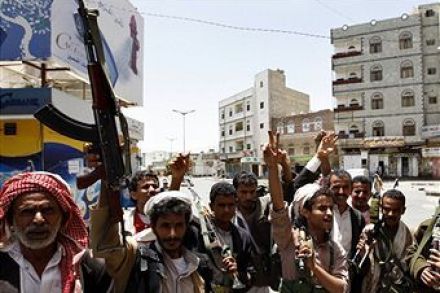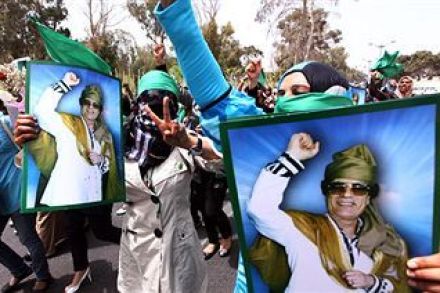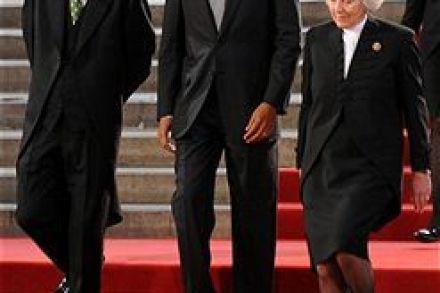America and Britain turn their minds to the (fiscal) cost of war
Five-thousand, ten-thousand, or fifteen-thousand? That’s the question hanging in the air as Barack Obama prepares to clarify his withdrawal plan for Afghanistan this evening (or 0100 BST, if you’re minded to stay up). And it relates to how many of the 30,000 “surge” troops he will decide to release from the country this year. Washington’s money appears to be on 10,000, with half of them leaving this summer and half in December. But no-one outside of the President’s clique really yet knows. His final decision will say a fair amount about his intentions in Afghanistan, or at least about just how fast he wants to scram out of there. What’s




